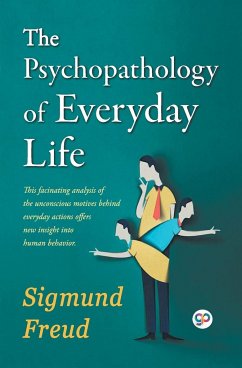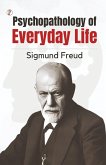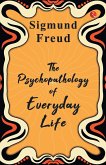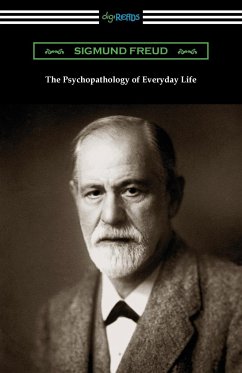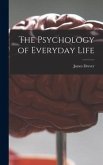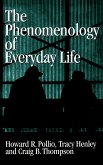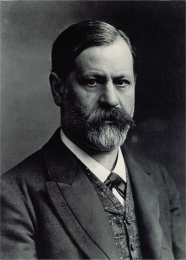Psychopathology of Everyday Life is a 1901 work by Sigmund Freud, based on his researches into slips and parapraxes from 1897 onwards-one which became perhaps the best-known of all his writings. Freud examines the psychological basis for the forgetting of names and words, the misuse of words in speech and in writing, and other similar errors. It is filled with anecdotes, many of them quite amusing, and virtually bereft of difficult technical terminology. Through its stress on what Freud called 'switch words' and 'verbal bridges', it is considered important not only for psychopathology but also for modern linguistics, semantics, and philosophy.

